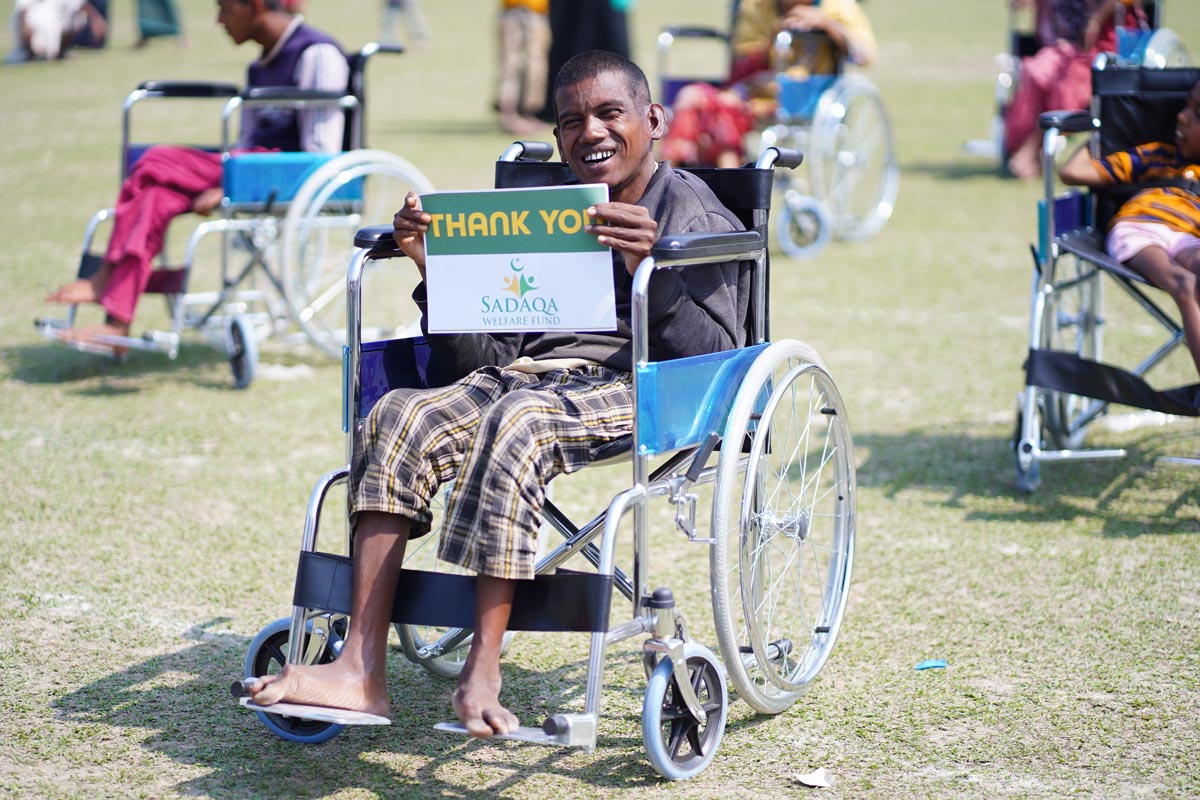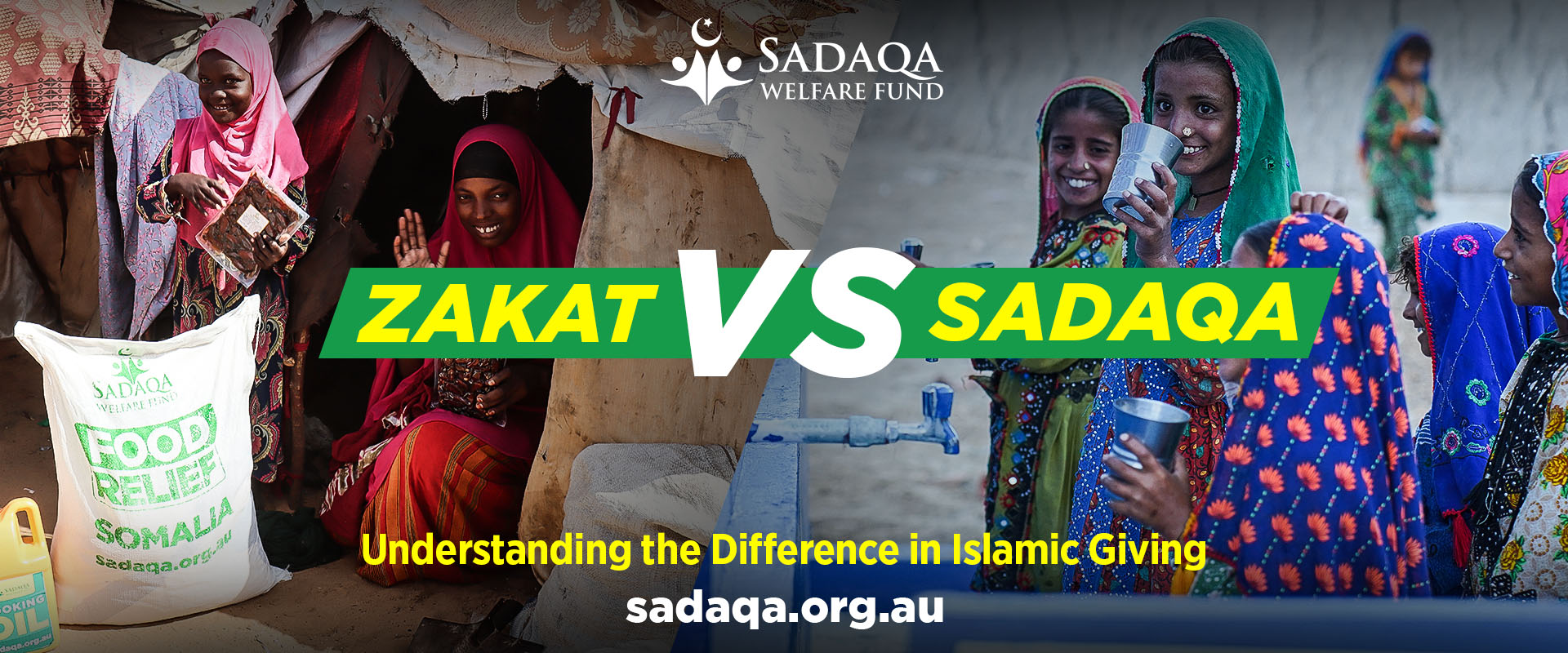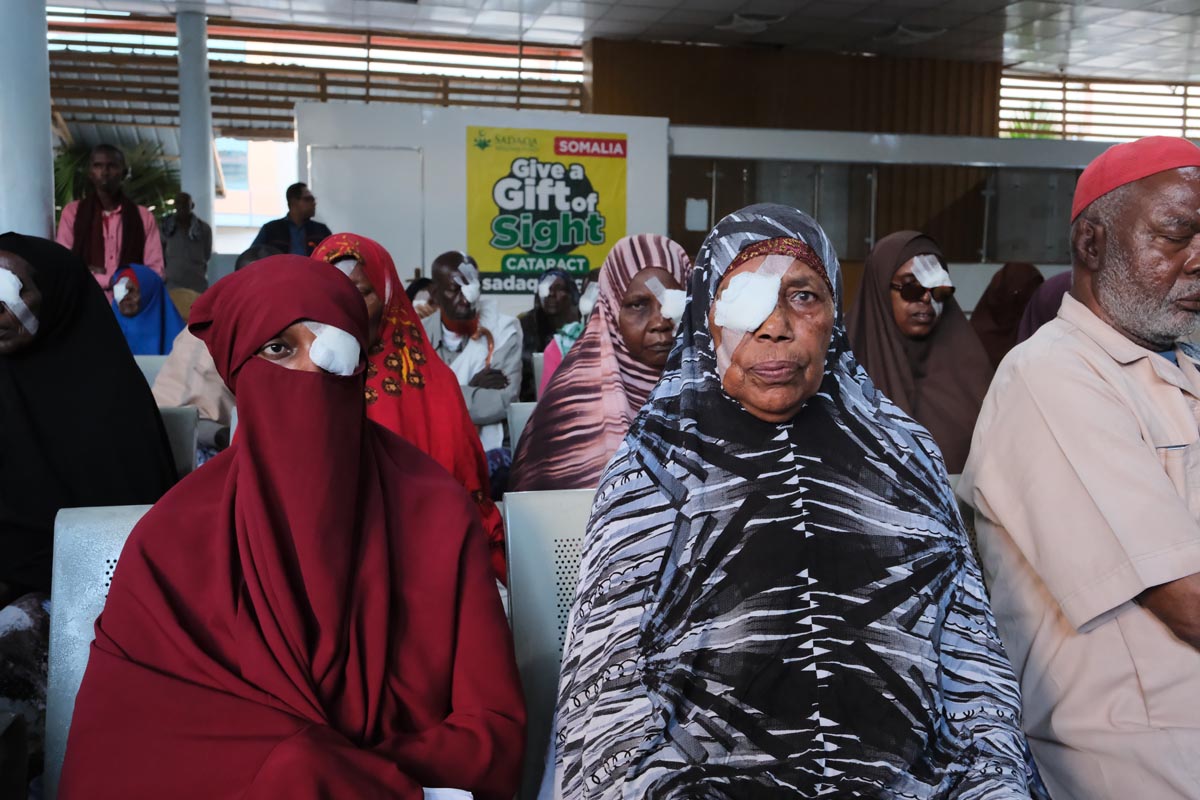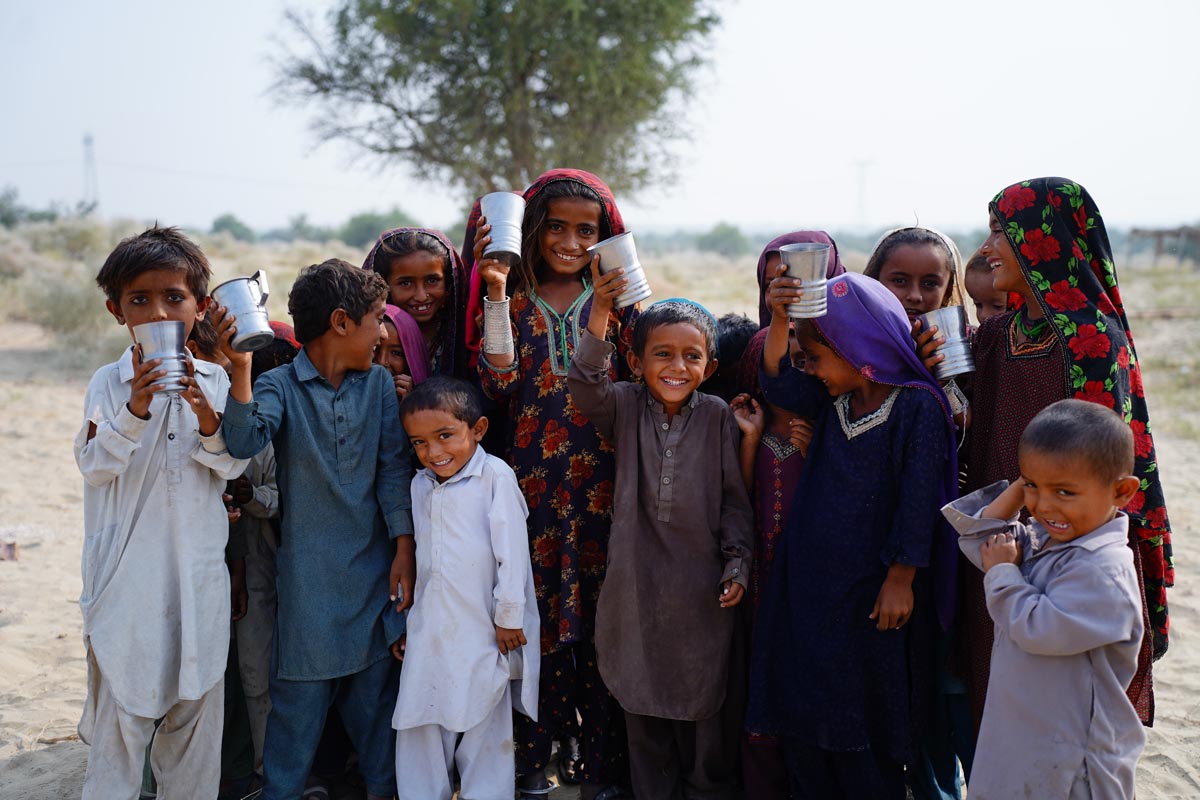Who can receive Zakat?
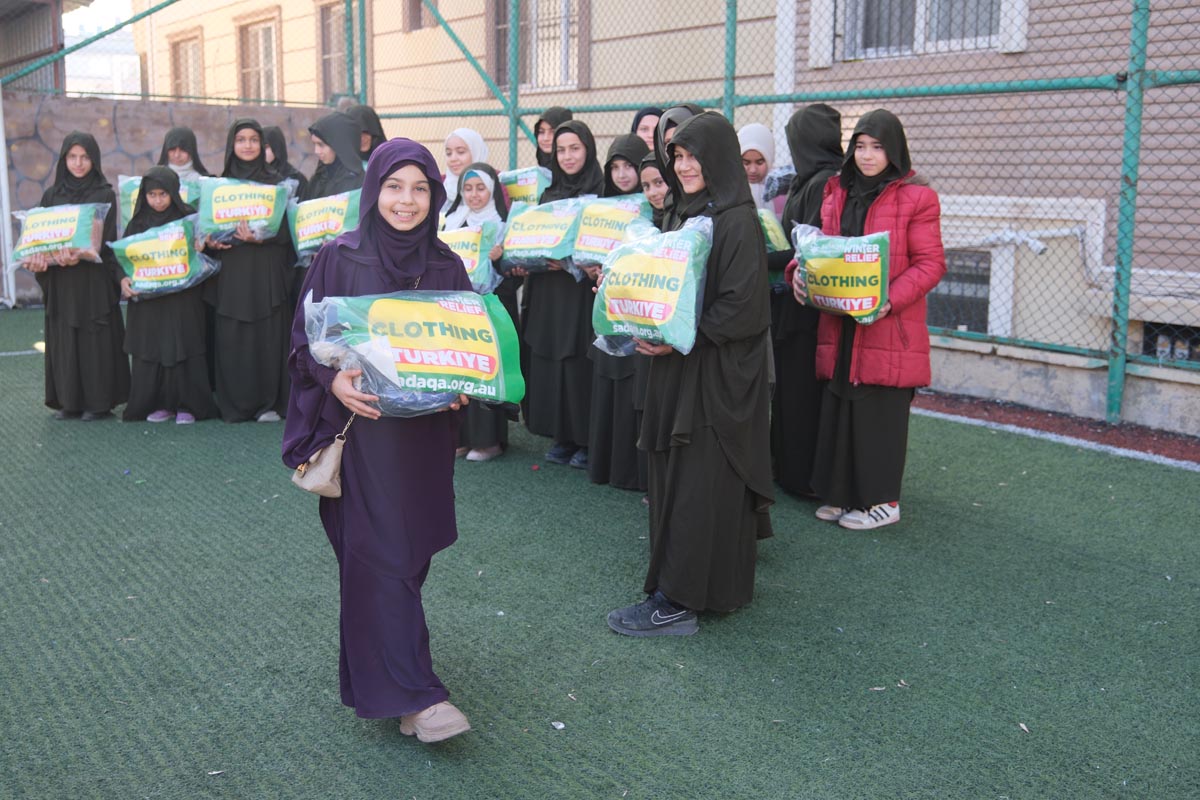
Who Can Receive Zakat? The 8 Eligible Categories (Asnaf)
Zakat is not a general donation. It is an act of worship with clear rules about who can receive Zakat. Allah specifies eight eligible categories of Zakat recipients (Asnaf) in Surah At-Tawbah (9:60).
If you want to donate Zakat with confidence, understanding these categories helps ensure your Zakat reaches those Islam has made eligible.
Quick answer: who is eligible to receive Zakat?
Zakat can only be given to people who fall into one of the eight Asnaf mentioned in the Qur’an (9:60). In simple terms, Zakat supports those who are poor or struggling, those in financial hardship (including certain debt), and other specific cases defined by Islamic law.
The Eight Categories of Zakat Recipients (Asnaf)
1) The Poor (Al-Fuqara)
People who do not have enough to meet basic needs such as food, shelter, and essentials.
2) The Needy (Al-Masakin)
People who have something, but still cannot adequately cover essential living costs.
3) Zakat Administrators (Al-‘Amilina ‘Alayha)
Those appointed to collect, manage, and distribute Zakat responsibly.
4) Those Whose Hearts Are to Be Reconciled (Al-Mu’allafah Qulubuhum)
People who are new to Islam or being supported to strengthen connection to the Muslim community, especially when financial hardship or isolation is involved.
5) Those in Bondage (Ar-Riqab)
Historically, freeing enslaved people. Today, many scholars apply this to people trapped in forms of modern slavery or severe oppression where funds can help restore freedom and safety.
6) Those in Debt (Al-Gharimin)
People overwhelmed by debt taken on for legitimate needs and who cannot repay without hardship.
7) In the Cause of Allah (Fi Sabilillah)
This category has different scholarly interpretations. Some scholars interpret it narrowly, while many contemporary scholars include wider forms of striving for the sake of Allah that benefit the community, especially when the recipients themselves are in need. It should always be applied in line with a charity’s Zakat policy and governance.
8) The Wayfarer (Ibn As-Sabil)
A traveller who is stranded or cut off from funds and needs help to return home or complete a legitimate journey.
Can Zakat be given to family members?
Yes, Zakat can be given to eligible relatives, but not to those you are Islamically required to financially maintain.
In general, you cannot give Zakat to:
-
Your spouse
-
Your parents or grandparents
-
Your children or grandchildren
You can give Zakat to eligible:
-
Brothers and sisters
-
Uncles and aunts
-
Cousins and extended relatives
…if they fall into one of the eight Asnaf categories.
How to ensure your Zakat reaches eligible recipients
To give Zakat correctly:
-
Donate with confidence knowing your Zakat is distributed according to eligibility rules.
FAQ: Zakat recipients
Can I give Zakat to my brother or sister?
Yes, if they are eligible and fall into an Asnaf category, and you are not obligated to maintain them.
Can I give Zakat to my parents, spouse, or children?
Generally no. Zakat is not given to those you are required to financially support.
Does Zakat have to go to one of the eight categories?
Yes. Zakat must be distributed to eligible recipients within the Asnaf categories mentioned in Surah At-Tawbah (9:60).
What’s the best way to make sure I’m paying the right amount?
Use a calculator, confirm your Nisab threshold, and donate through a Zakat-eligible appeal.
Ready to donate your Zakat?
Once you’ve calculated your amount, you can donate Zakat online through a Zakat-eligible appeal.
